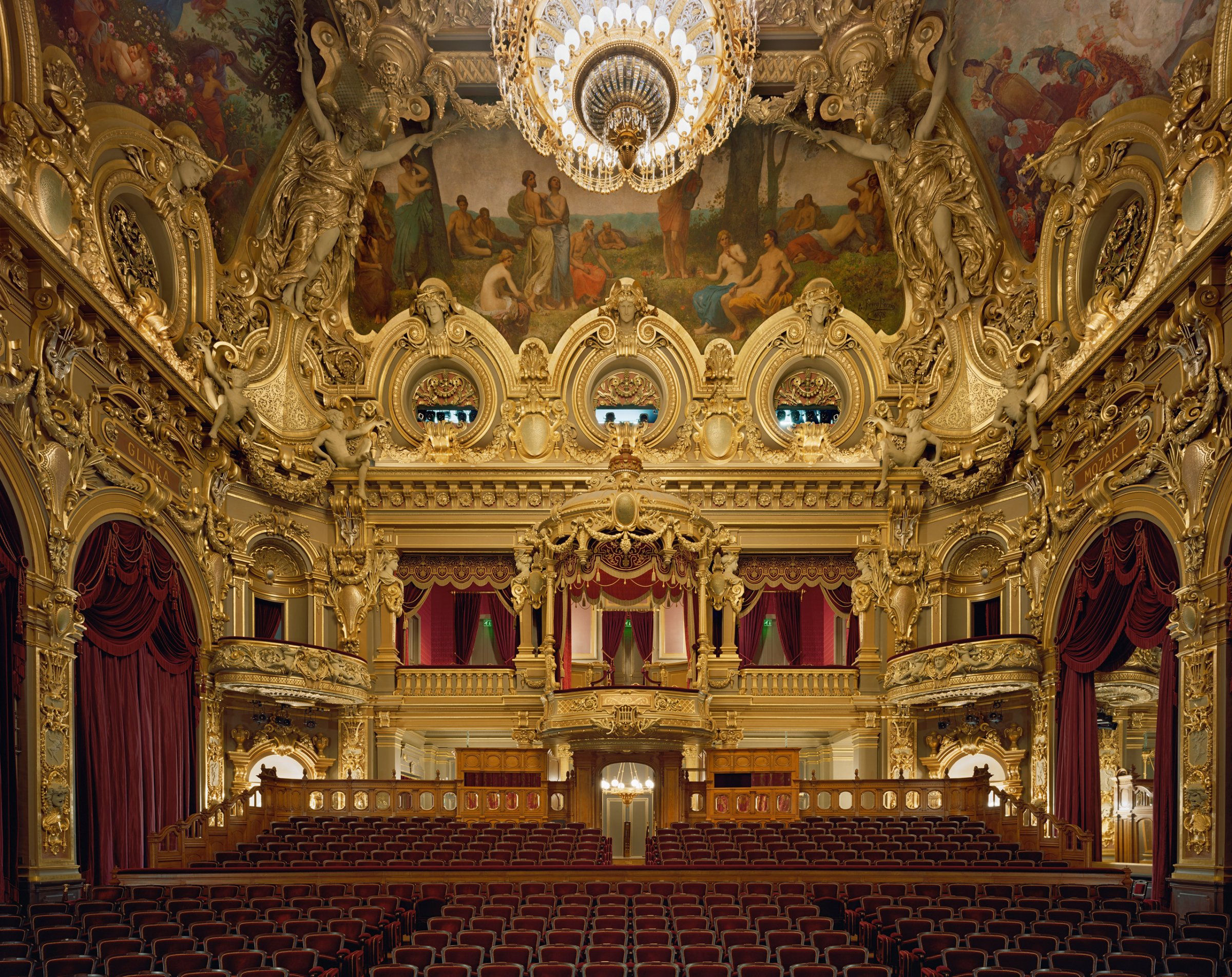
“In the English-speaking world they say ‘Break a leg.’ But in Italy, they say, ‘In bocca al lupo,’ which means, ‘In the wolf’s mouth.’ Because when we singers face the audience from the stage of a traditional, horseshoe-shaped opera house, with its tiers of boxes and galleries, we feel that we could be in the jaws of some gigantic beast with multiple rows of teeth, hoping that it will treat us kindly.”
—Plácido Domingo, from his foreword to “Opera”
The architectural photographer David Leventi probably got a taste of this famous tenor’s words many times in the eight years he spent producing Opera.
For this project, Leventi shot more than 40 opera houses in almost 20 countries, from the tiny (Teatro di Villa Aldrovandi Mazzacorati, capacity: 80) to the mammoth (The Metropolitan Opera, capacity: 3,975). The work is being exhibited at Rick Wester Fine Art (with prints up to seven and a half feet wide) starting May 7 and is being released as a book by Damiani in June 2015.
David, who is the son of two architects, shot his first opera house while researching his family history on a trip to Romania. He is drawn to what he calls “the spectacle of opera. The combining of many art forms: architecture, acoustic design, costumes, stage design, voice, fabric, sound, music, etc.”
While there is always one more opera house he would like to photograph, Leventi selected these spaces “based on their interiors, history, or because they have interesting stories,” he says. “I wanted a mix of both new and old.”
The buildings he found are simply extraordinary. The Palais Garnier in Paris has a Marc Chagall-painted ceiling over 2,500 square feet in size. The Metropolitan Opera in New York used so much twenty-four-karat gold-leaf on the ceiling that a weekly quota had to be imposed during construction to avoid harming other businesses.
“I experience an almost religious feeling walking into a grand space such as an opera house,” says Leventi. And yet from this sumptuousness he creates an ordered typology in a way that links his work to artists such as Bernd and Hilla Becher.
Part of the way Leventi achieves that order is by repeatedly photographing from the stage, looking back out at the audience—just where the singer might stand.
Indeed, that is a key part of the project. David’s Romanian grandfather was an opera singer himself. While a prisoner-of-war in a Soviet camp from 1942-48, he would sing for officers and other detainees. But in the tumultuous years following his release and relocation to Israel, Leventi’s grandfather found his dream slipping beyond reach.
Leventi says “the idea of standing on center stage and being in all these opera houses where he could have performed if there wasn’t the war and all these other circumstances, Communism—I guess you can say I’m living out his dreams.”
David Leventi is a photographer based in New York City.
Myles Little is an associate photo editor at TIME.
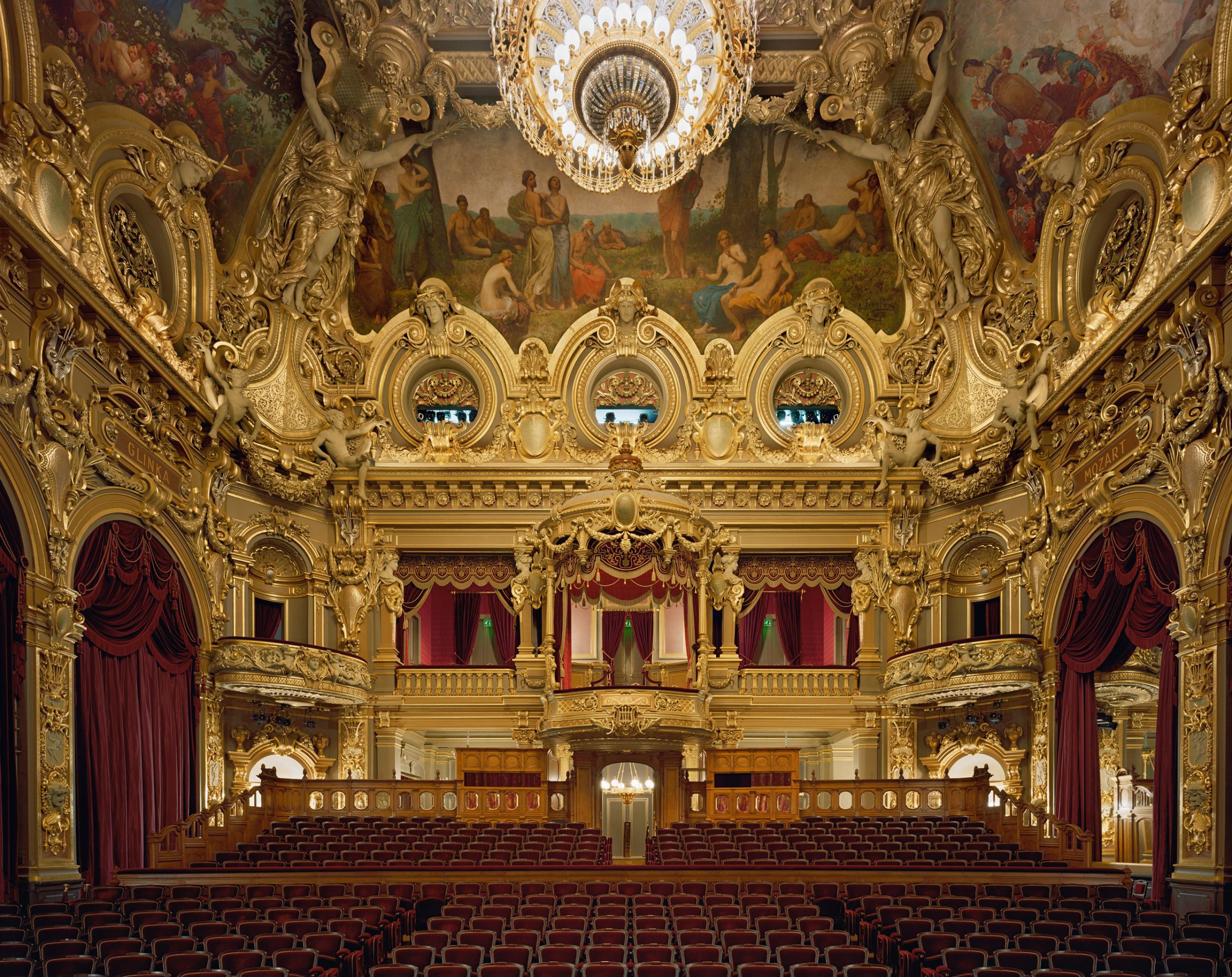
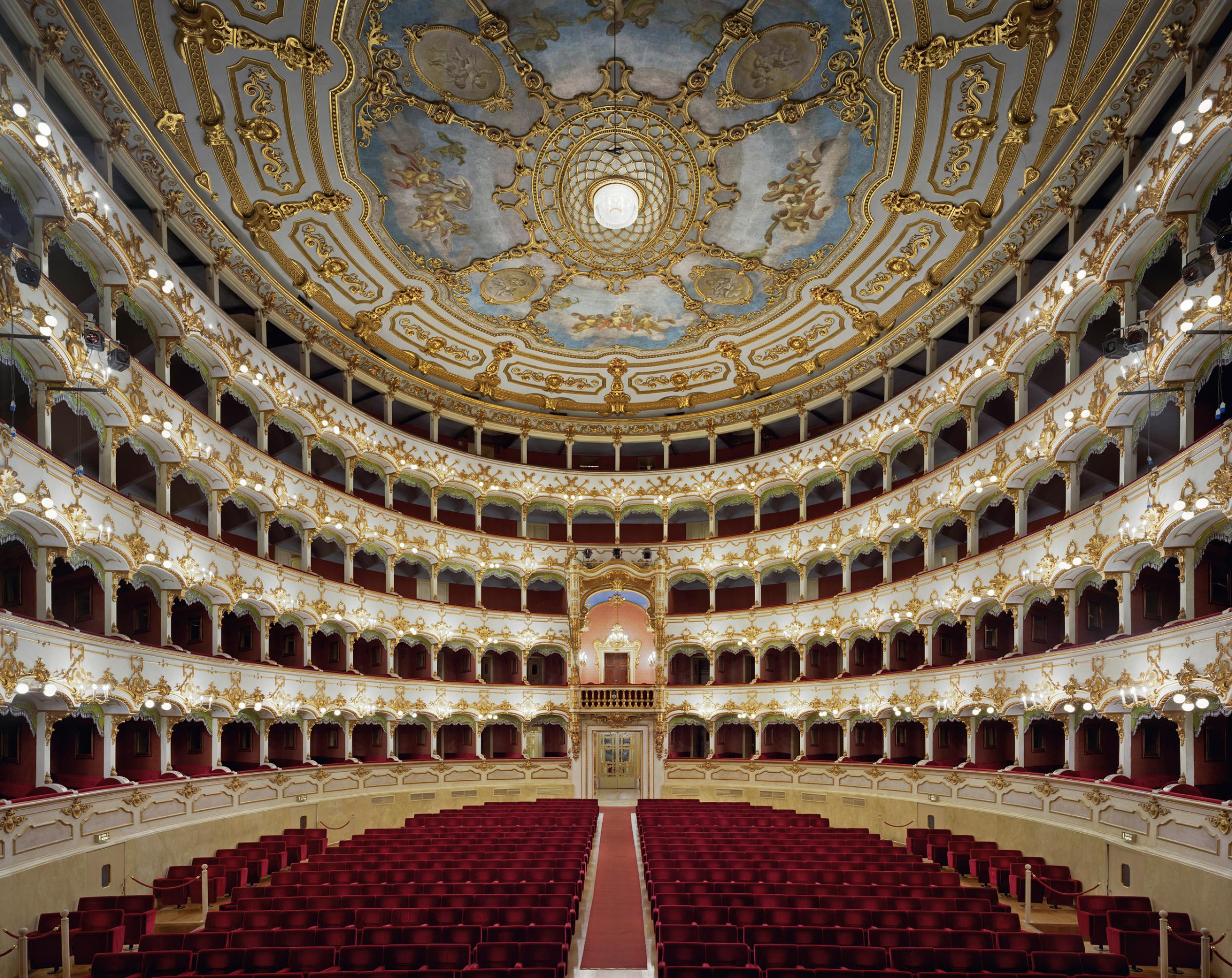
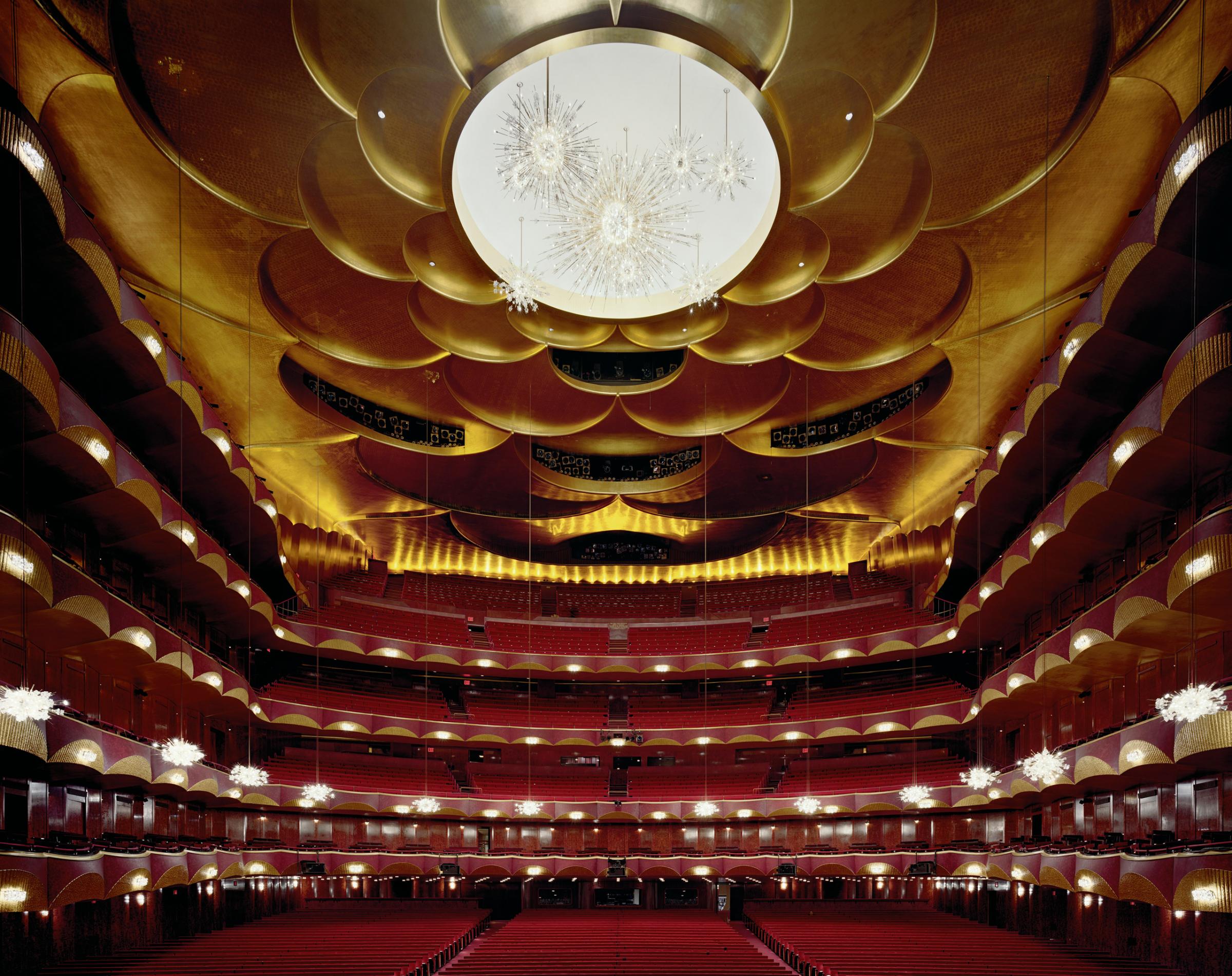
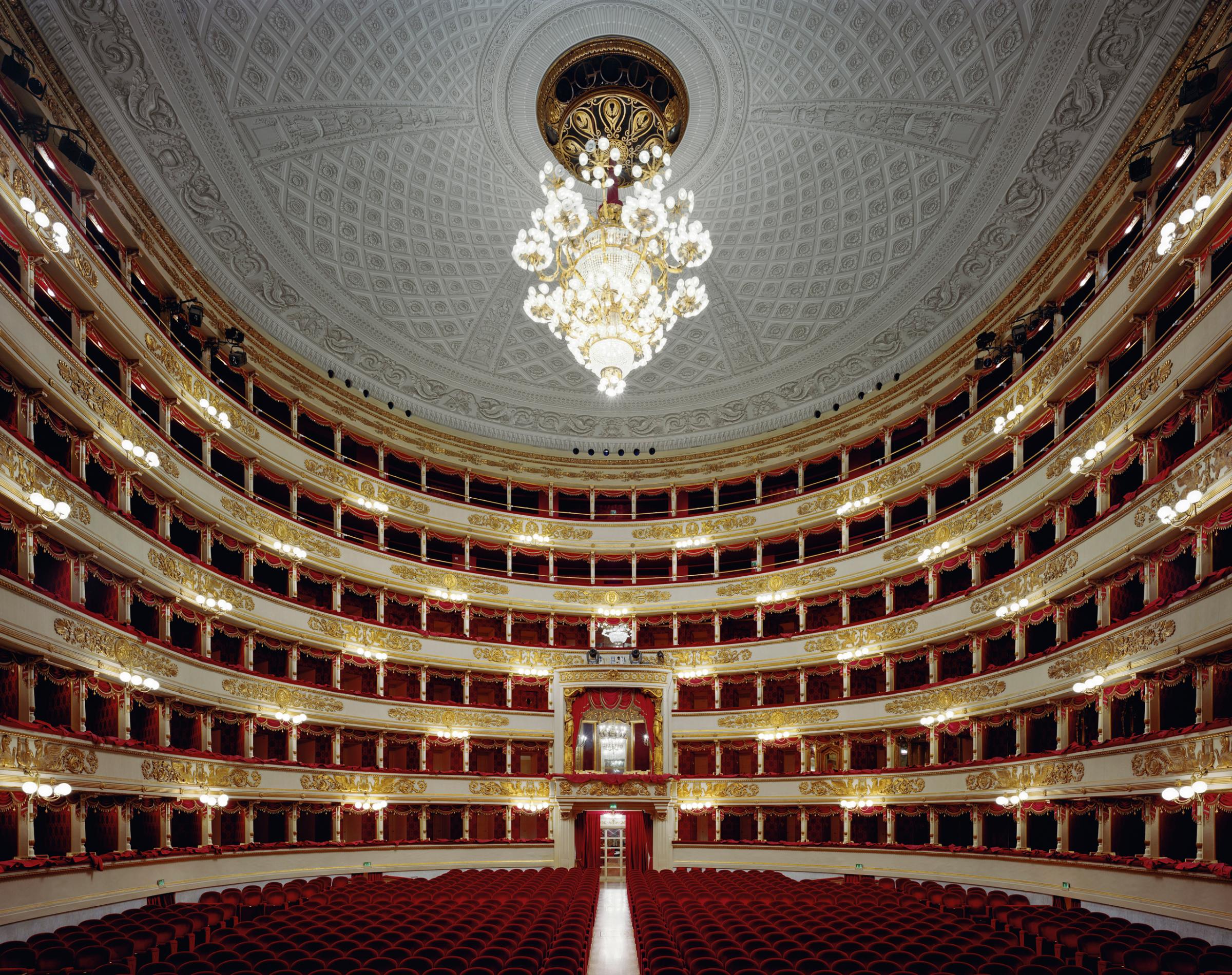
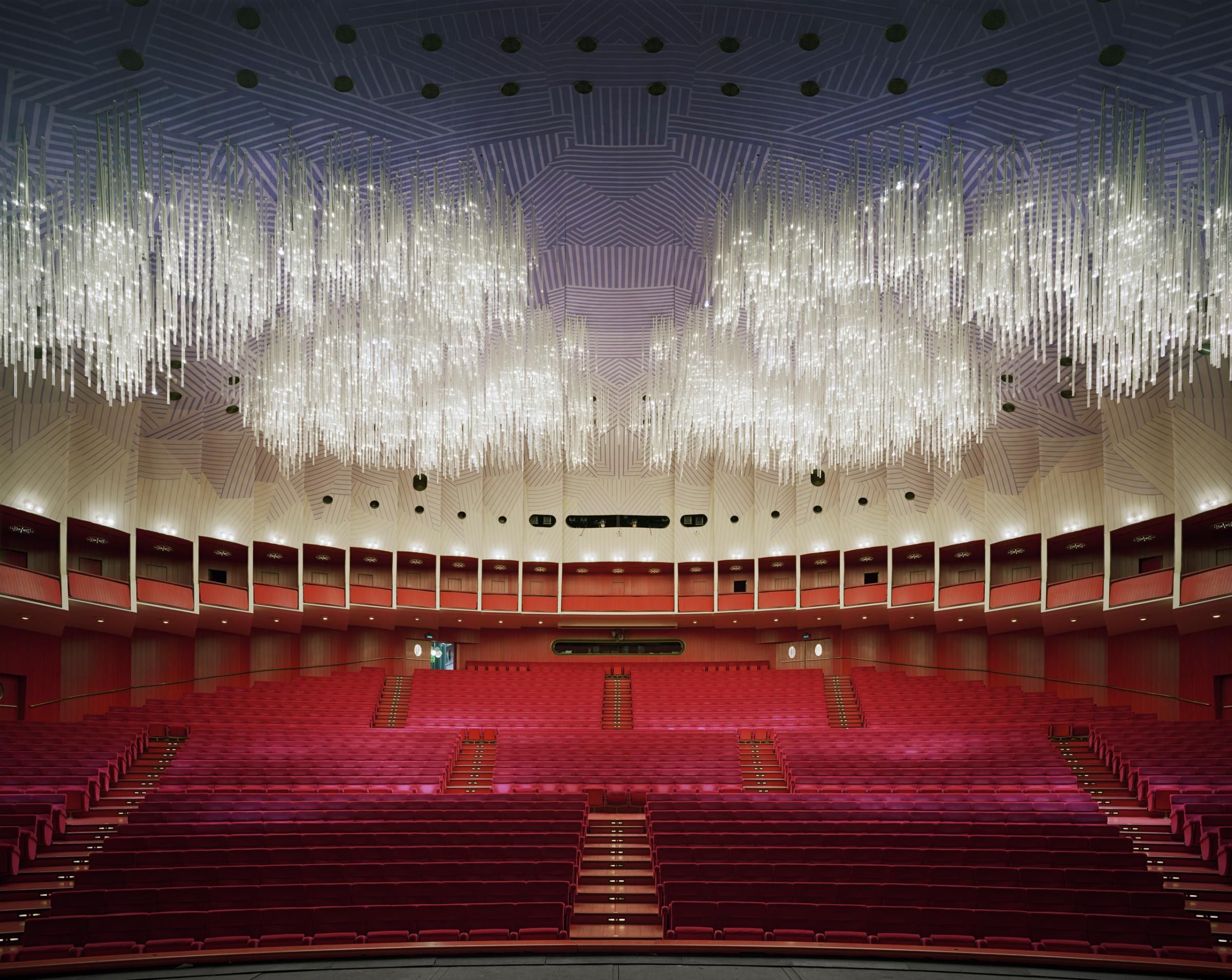
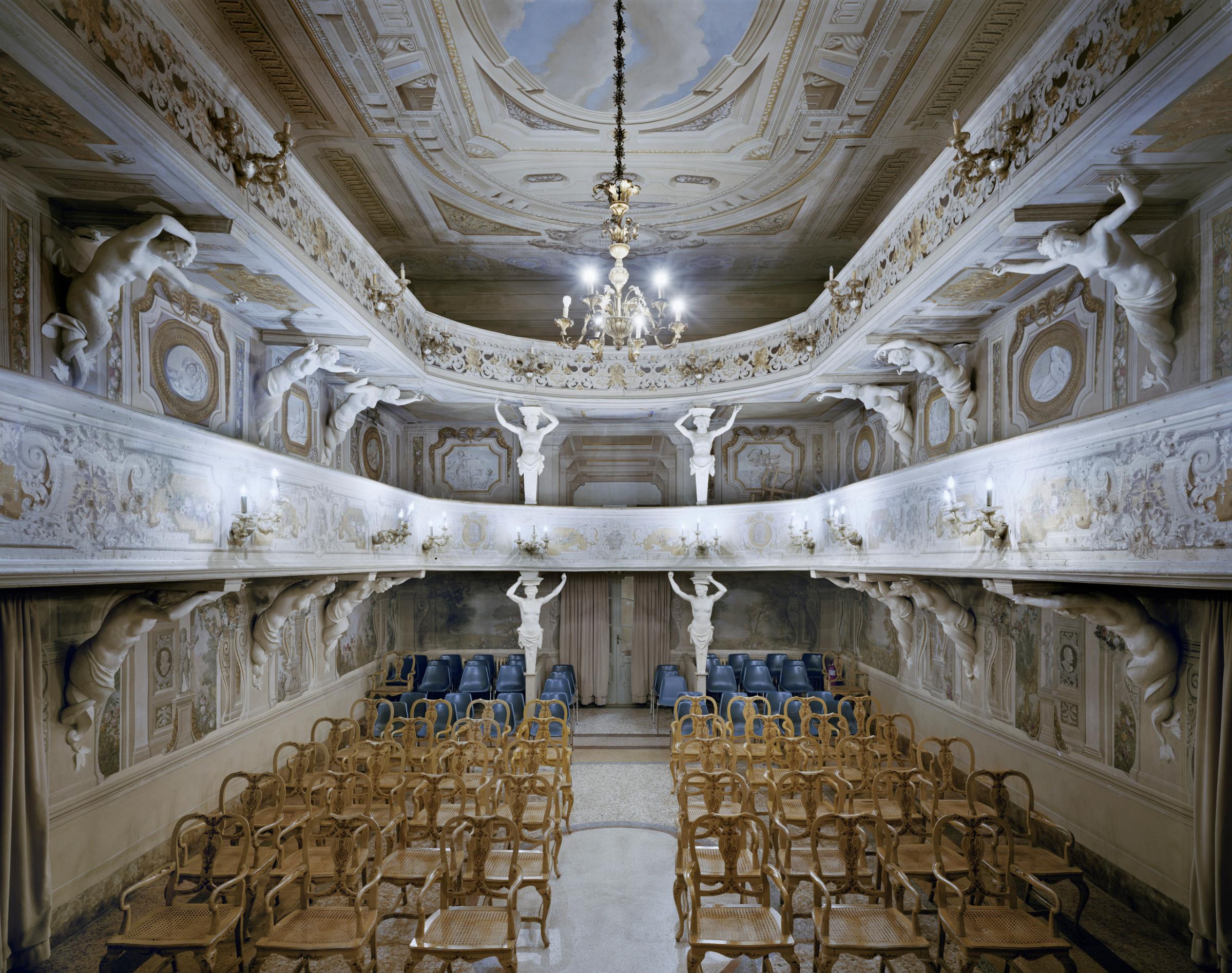
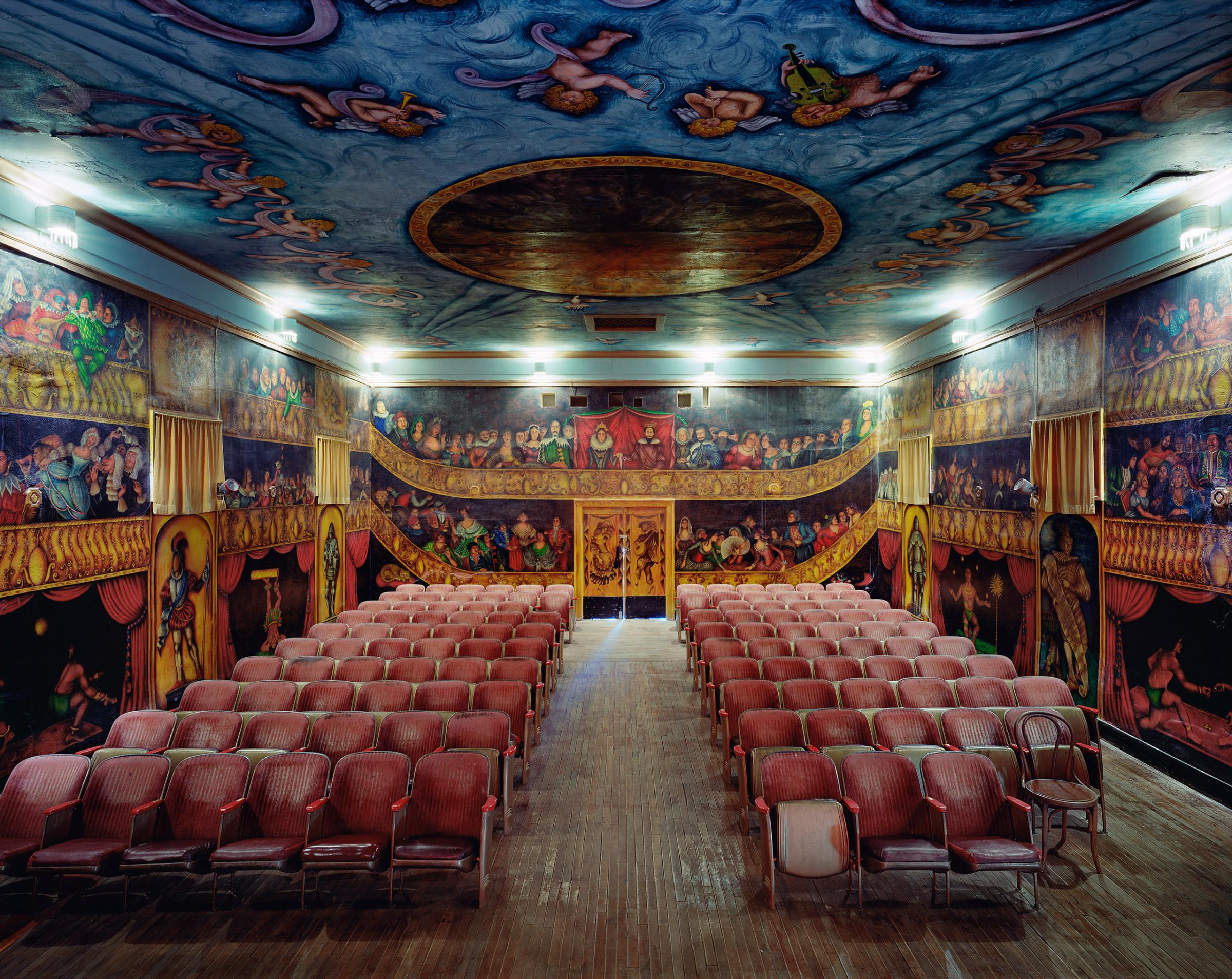
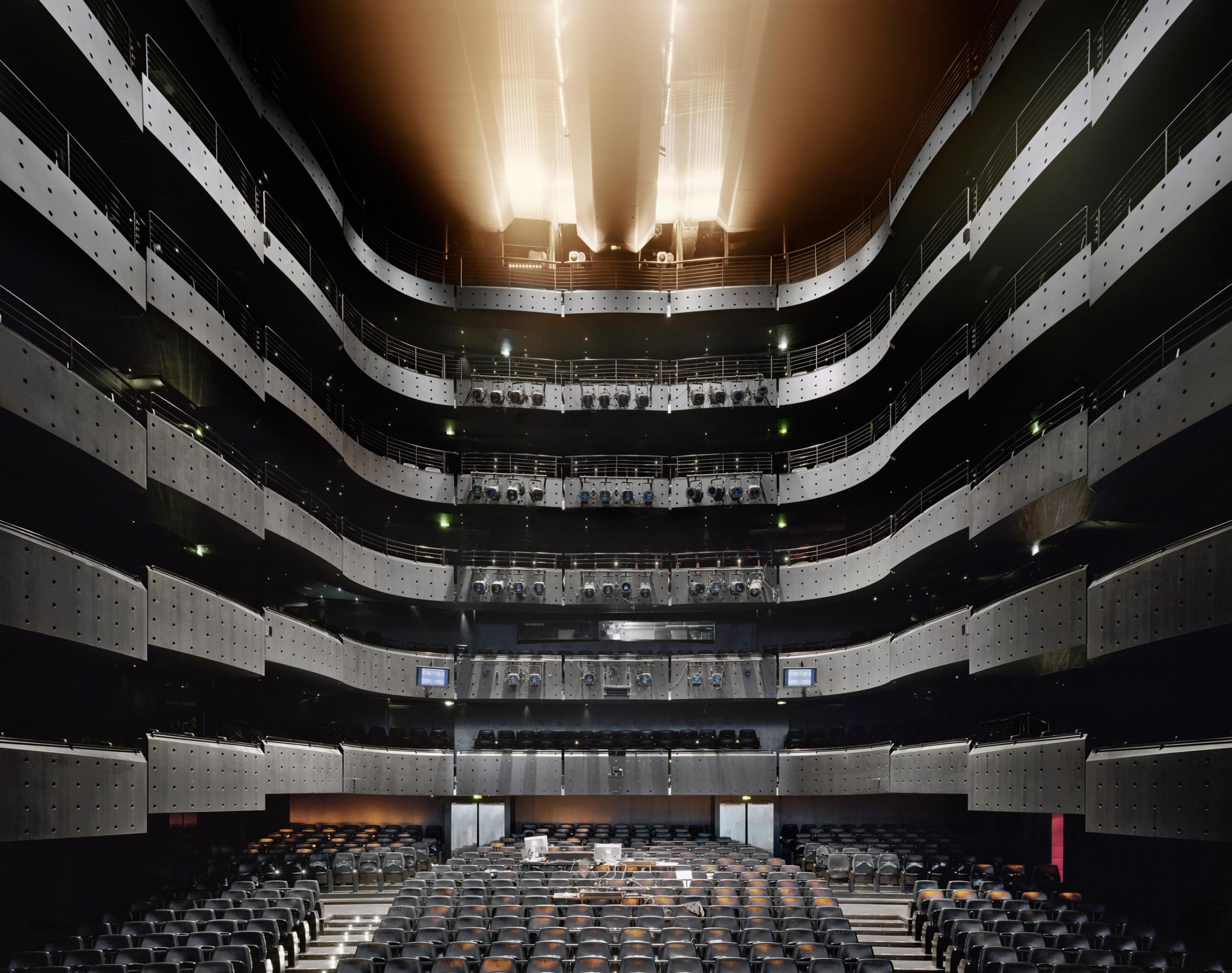
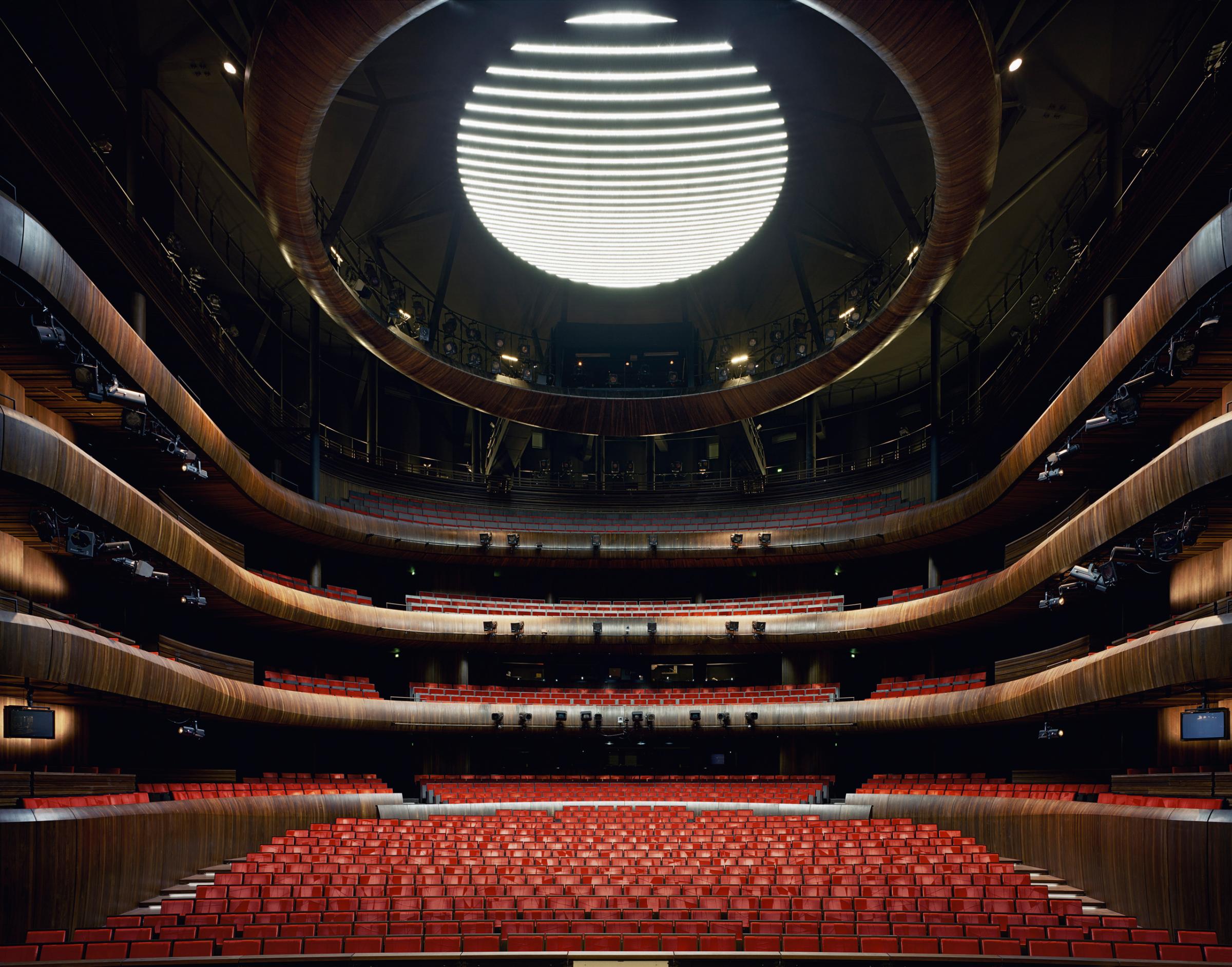
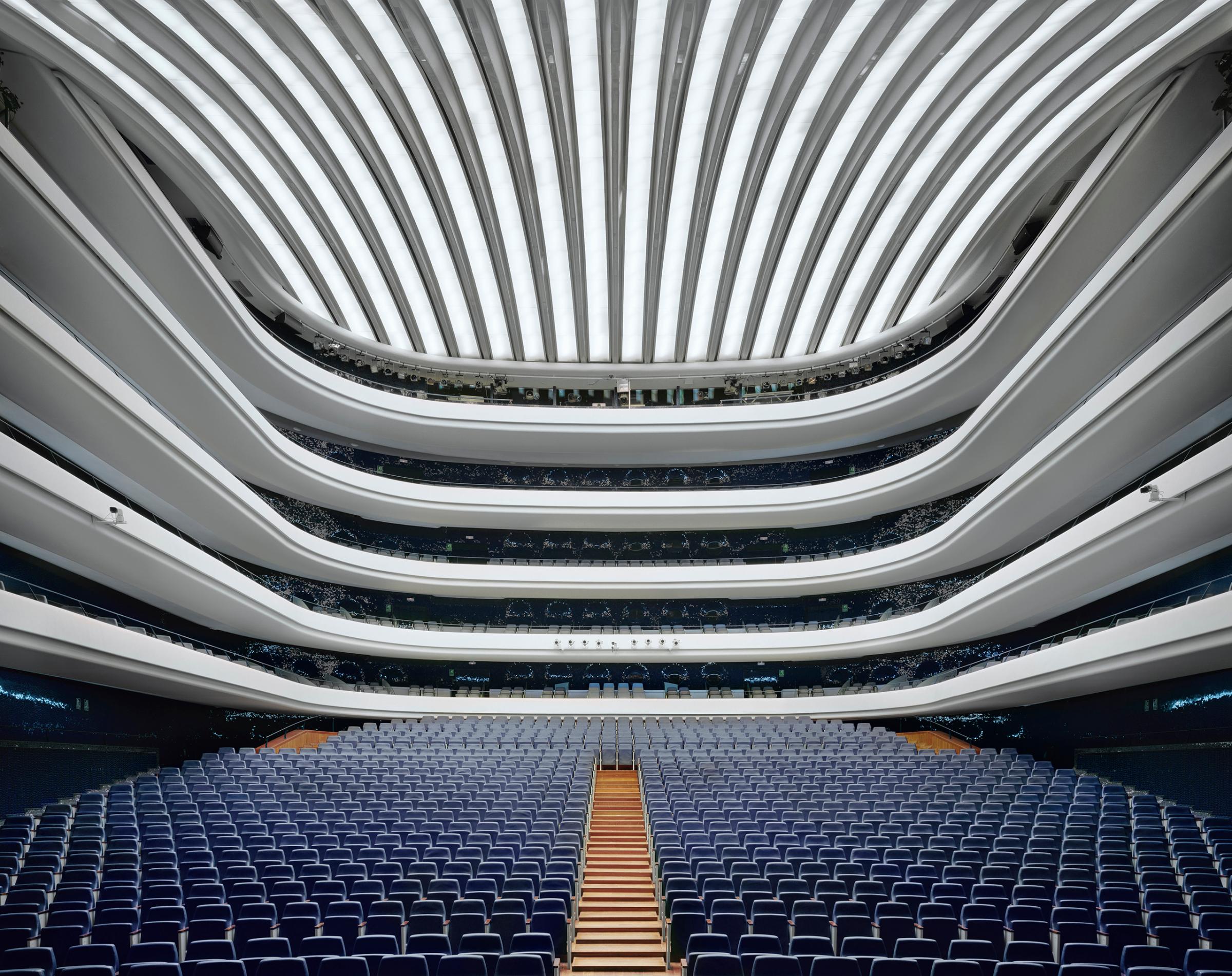
More Must-Reads From TIME
- The 100 Most Influential People of 2024
- Coco Gauff Is Playing for Herself Now
- Scenes From Pro-Palestinian Encampments Across U.S. Universities
- 6 Compliments That Land Every Time
- If You're Dating Right Now , You're Brave: Column
- The AI That Could Heal a Divided Internet
- Fallout Is a Brilliant Model for the Future of Video Game Adaptations
- Want Weekly Recs on What to Watch, Read, and More? Sign Up for Worth Your Time
Contact us at letters@time.com